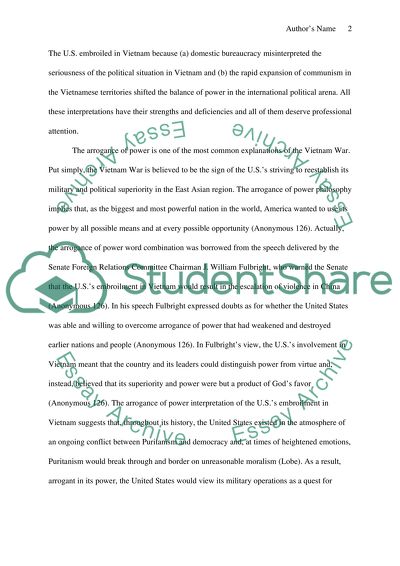Cite this document
(“Why Did the US Become Embroiled in Vietnam Essay”, n.d.)
Retrieved from https://studentshare.org/history/1442443-discuss-and-critically-asses-and-evaluate-the
Retrieved from https://studentshare.org/history/1442443-discuss-and-critically-asses-and-evaluate-the
(Why Did the US Become Embroiled in Vietnam Essay)
https://studentshare.org/history/1442443-discuss-and-critically-asses-and-evaluate-the.
https://studentshare.org/history/1442443-discuss-and-critically-asses-and-evaluate-the.
“Why Did the US Become Embroiled in Vietnam Essay”, n.d. https://studentshare.org/history/1442443-discuss-and-critically-asses-and-evaluate-the.


